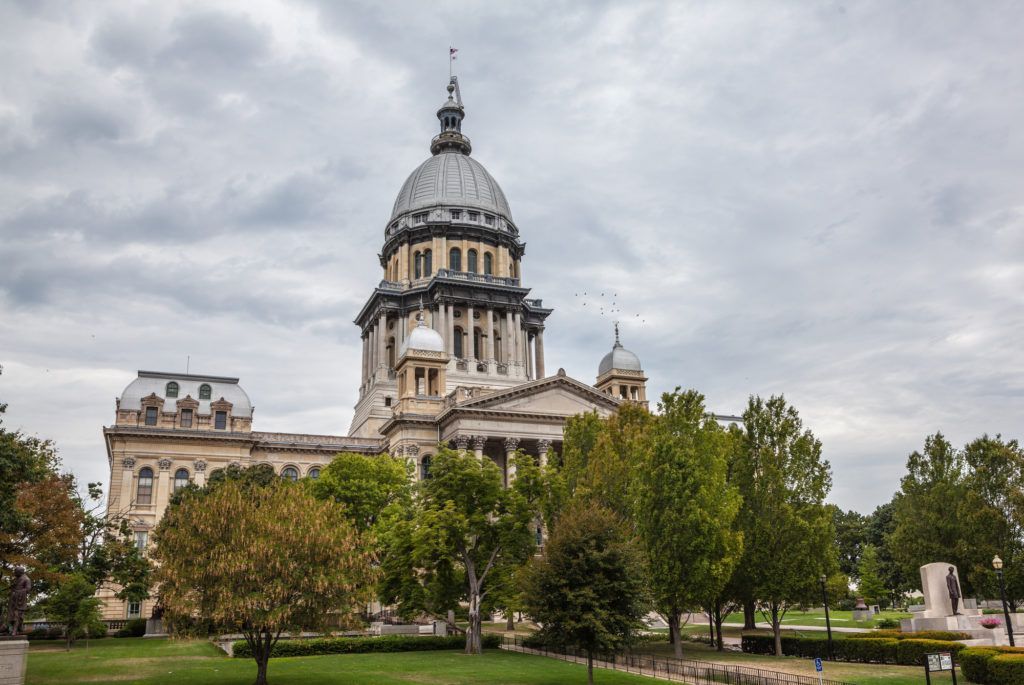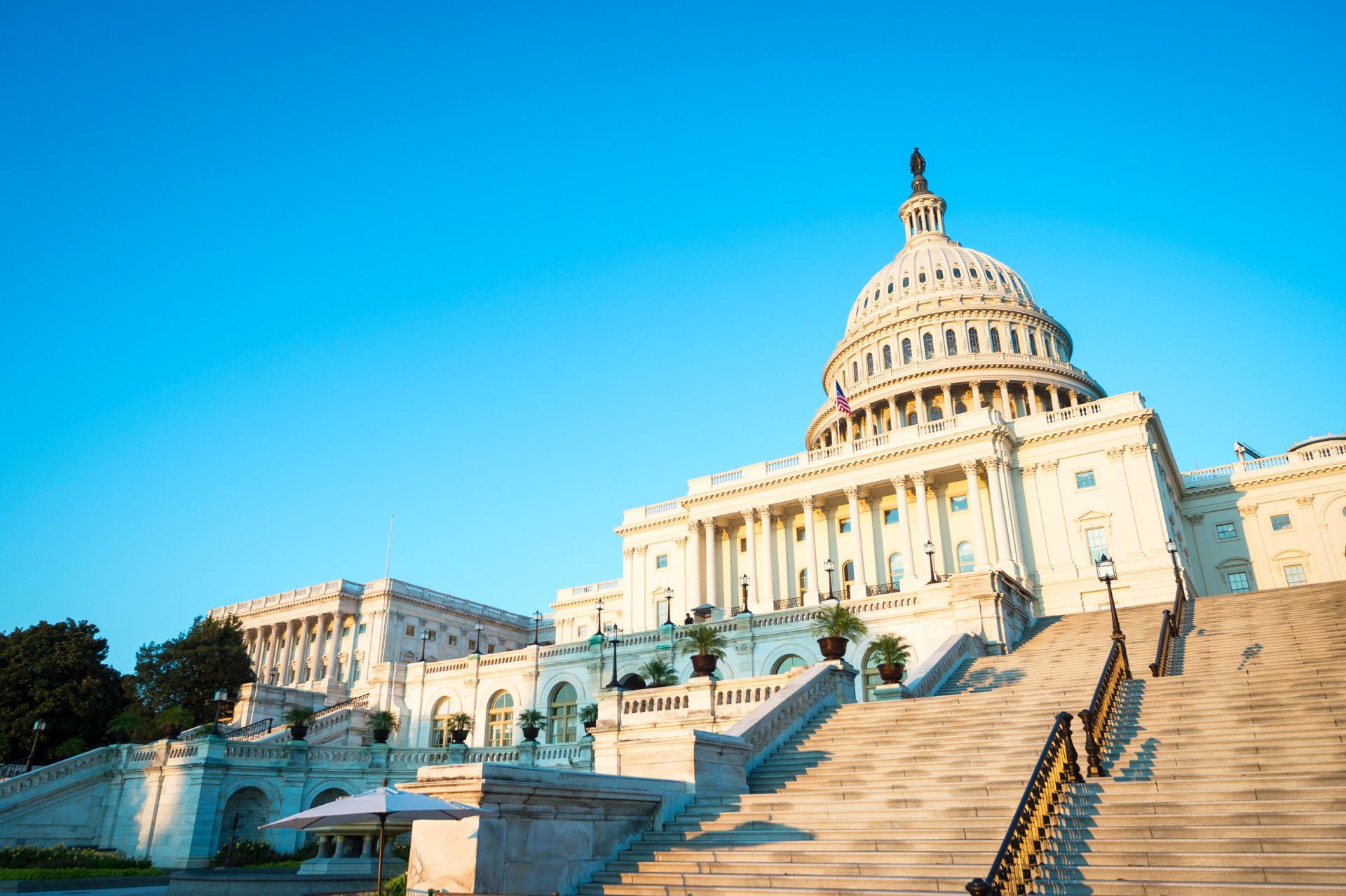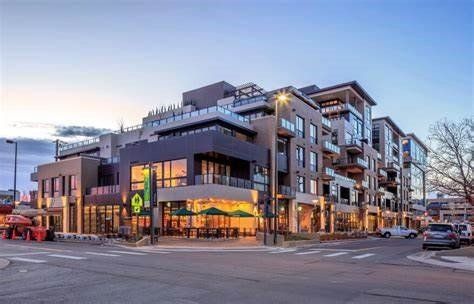
LAND USE MORATORIUMS
LAND USE MORATORIUMS For a variety of reasons, municipal legislatures sometimes enact moratoria on building […] The post LAND USE MORATORIUMS appeared first on Shapiro & Associates.
LAND USE MORATORIUMS
For a variety of reasons, municipal legislatures sometimes enact moratoria on building permits, sewer hook-ups, or other permit and approvals. These are stopgap, time-buying measures. Often, moratoria are enacted in order to prevent the overloading of public facilities such as schools, sewers systems, or water supply facilities. Sometimes they are enacted to prevent a permitting rush in the face of proposed new regulations or to keep the status quo in place while decisions are made on capital budgets and improvements.
By using moratoria, municipalities are able to prevent the surge of development likely to occur when a municipality announces its intent to rezone, enact a new comprehensive land use plan, or adopt a growth management program.
Authority for enacting moratoria is often found as an implied power in a state’s zoning enabling act to exercise the police power to in the context of a municipality’s zoning and planning authority. For example, most Illinois land use moratoriums cite 65 ILCS 5/11-13-1, et seq., as its authority to enact the land use moratorium for, among other things, the protection of public health, safety, comfort, morals, and welfare.
The regulation must be enacted pursuant to lawfully delegated authority, and a presumption of validity attaches to a validly enacted regulation, placing the burden of showing the regulation’s invalidity on the challenger. The enactment of a moratorium ordinance is a legislative act, subject to rational basis review and to electoral review by referenda in many jurisdictions, but also entitled to a presumption of validity. The municipality, however, should be prepared to show the moratorium is reasonably related to a proper public purpose or the ordinance may be deemed an unconstitutional regulatory taking of property.
A major development in this area has been in the legislative arena. According to the Supreme Court’s decision in Tahoe-Sierra Preservation Council Inc. v. Tahoe Regional Planning Agency , moratoria are not per se unconstitutional. 535 U.S. 302, 338 (2002). Rather, they are often viewed as an important planning tool to ensure that problems and emergencies are not exacerbated while a plan for solving them is formulated Id. at 337-38.
An important consideration in moratoria cases is whether there is a factual basis for adoption of the regulation—that is, whether there is a public necessity to impose the moratorium. The municipality should be prepared to articulate a basis for its actions and to follow carefully the procedure for adoption in its jurisdiction.
Several states – e.g., New Jersey and New Mexico – have enacted statutes prohibiting certain types of moratoria. New Jersey prohibits them when used in order to prepare a comprehensive plan. New Mexico prohibits them when they are used to buy study time to impose fees. Arizona, Montana, and Washington also have some type of statutory restrictions on the use of moratoria, requiring specific legislative findings, limiting its duration, or imposing hearing requirements, respectively.
Municipalities sometimes experience a problem with a land use for which its land use regulations are unprepared. For example, fast food restaurants in commercial use districts, bed and breakfasts in residential use districts, or adult entertainment uses in commercial districts. An interim regulation may restrict the rezoning of sites for such purposes, or the subdivision of such sites, or the issuance of special exceptions for them.
A moratorium on applications for building permits, utility connections, or occupancy permits may then provide a bridge between the planning necessary to deal with such uses and the implementation of that planning by preserving the status quo in the affected use districts while planning takes place.
The post LAND USE MORATORIUMS appeared first on Shapiro & Associates.

CONTACT US TODAY
Contact Us
We will get back to you as soon as possible.
Please try again later.
LOCATION
570 Lake Cook Road, Unit 119
Deerfield, IL 60015
Shapiro & Associates Law | All Rights Reserved |
Created by Olive + Ash.
Managed by Olive Street Design.









